Send In Your Photo For A Colour Match Exchanges until you find the perfect match!
The Surprising Dangers of Sleeping with Wet Hair
Sleeping with wet hair may seem like a harmless habit, but it can actually have some surprising and potentially harmful consequences. In this blog post, we'll explore the truth behind this common practice and why it's best to avoid it.
The Science Behind Wet Hair and Sleep
When you go to bed with wet hair, your scalp and strands remain damp throughout the night. This moisture can create the perfect environment for bacteria and fungus to thrive, leading to a range of issues such as scalp irritation, dandruff, and even hair loss.
Additionally, the weight of the water in your hair can cause it to become tangled and matted, leading to breakage and damage. As your hair dries, it can also become brittle and more prone to split ends.
The Risks of Sleeping with Wet Hair
-
Bacterial and Fungal Infections: The moist environment created by sleeping with wet hair can lead to the growth of harmful bacteria and fungi, such as Malassezia, which can cause conditions like seborrheic dermatitis and dandruff.
-
Increased Risk of Colds and Flu: Sleeping with wet hair can lower your body temperature, making you more susceptible to catching colds and flu. This is because the body has to work harder to maintain its optimal temperature, weakening your immune system.
-
Headaches and Neck Pain: The weight of wet hair can put strain on your neck and shoulders, leading to discomfort and even headaches.
-
Increased Frizz and Damage: As your hair dries throughout the night, it can become more prone to frizz, breakage, and split ends.
-
Slower Hair Growth: The damage caused by sleeping with wet hair can slow down the growth of your hair, making it harder to achieve your desired length and thickness.
Tips for Drying Your Hair Before Bed
To avoid the risks associated with sleeping with wet hair, it's important to make sure your hair is completely dry before going to bed. Here are some tips to help you achieve this:
-
Use a Microfiber Towel: Microfiber towels are gentler on your hair and can help absorb moisture more effectively than regular towels.
-
Blow Dry Your Hair: If you have the time, use a blow dryer to thoroughly dry your hair before bed. Be sure to use a low heat setting to avoid further damage.
-
Air Dry Your Hair: If you prefer a more natural approach, allow your hair to air dry before bedtime. This may take longer, but it's a gentler option.
-
Use a Hair Dryer Diffuser: If you do use a blow dryer, consider investing in a diffuser attachment. This can help distribute the air more evenly and reduce frizz.
-
Avoid Going to Bed with Damp Hair: Even if your hair isn't completely soaked, going to bed with damp hair can still lead to some of the issues mentioned above.
By taking the time to properly dry your hair before bed, you can enjoy a healthier, more vibrant head of hair and avoid the potential risks of sleeping with wet hair.
Conclusion
Sleeping with wet hair may seem like a harmless habit, but it can actually have some surprising and potentially harmful consequences. From bacterial and fungal infections to increased frizz and damage, there are several good reasons to make sure your hair is completely dry before hitting the pillow.
By following the tips outlined in this blog post, you can protect your hair and scalp, and wake up feeling refreshed and confident in your appearance. So, the next time you're tempted to go to bed with wet hair, remember the importance of taking the extra time to properly dry it. Your hair will thank you!
 Free Next Day delivery from the UK
Free Next Day delivery from the UK
 Easy UK Based Returns
Easy UK Based Returns

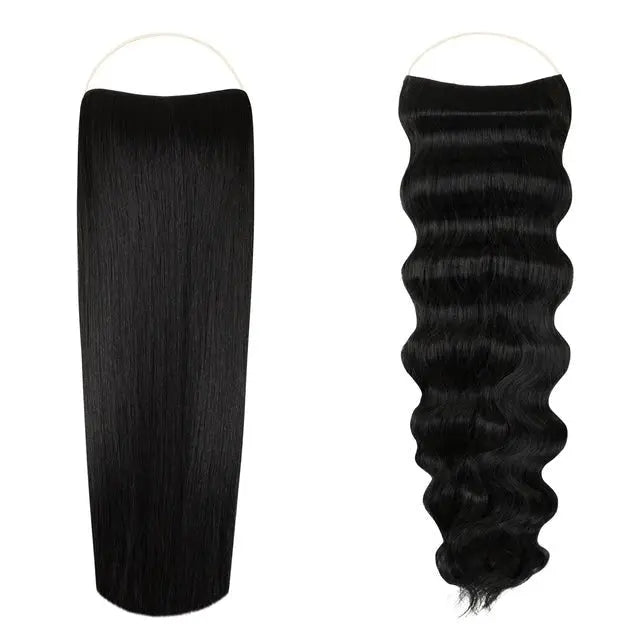
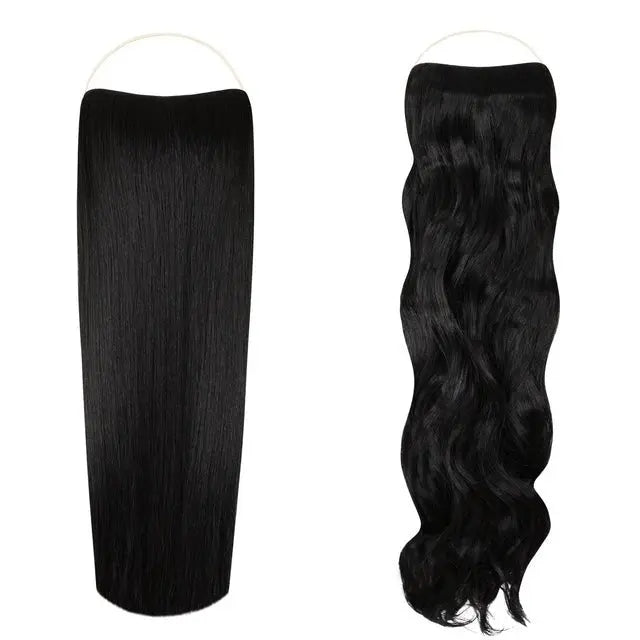
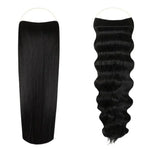
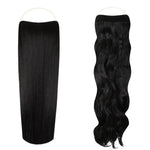
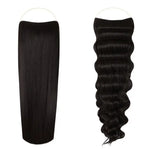
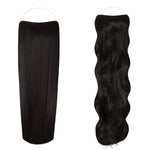
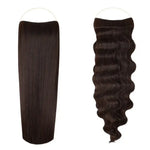
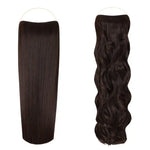
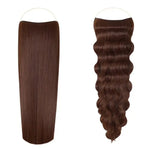
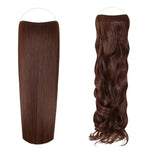
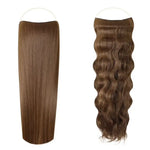
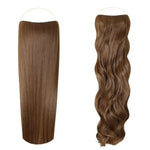
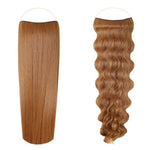
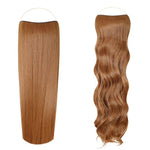
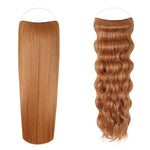
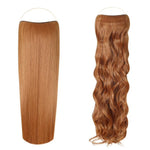
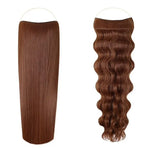
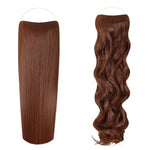
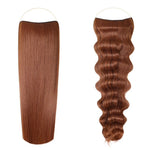
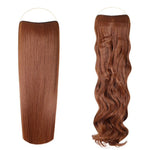
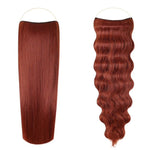
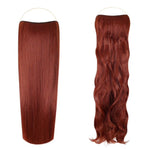
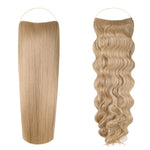
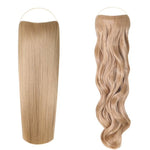
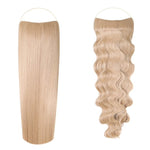
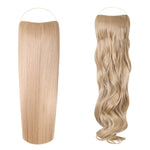
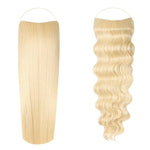
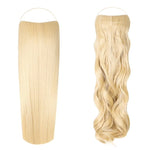
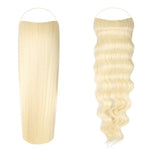
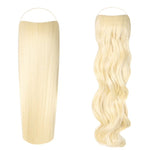
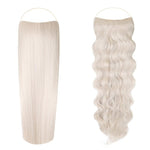
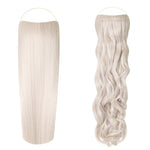
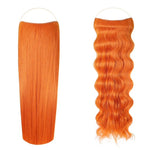
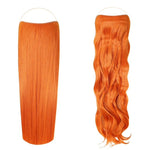
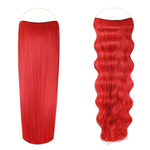
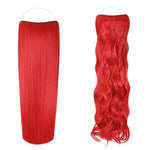
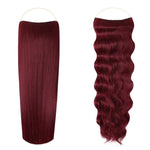
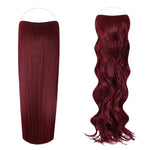
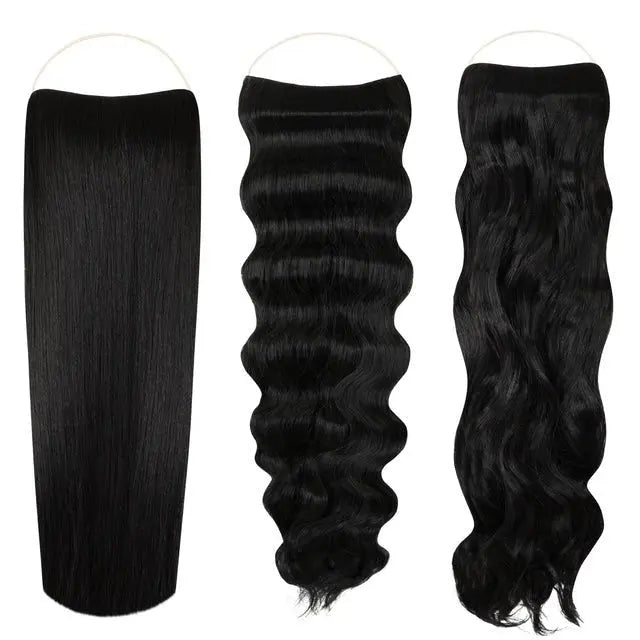
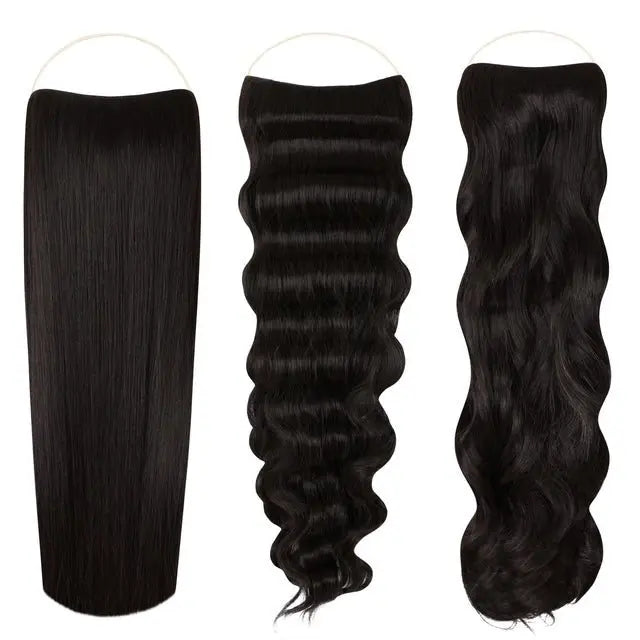
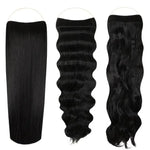
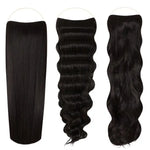
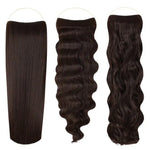
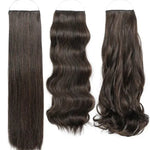
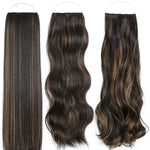
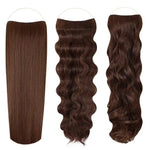
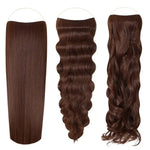
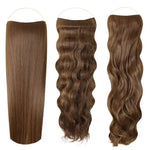
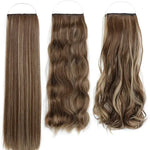
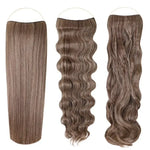
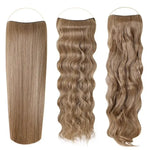
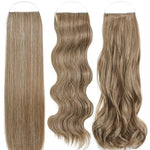
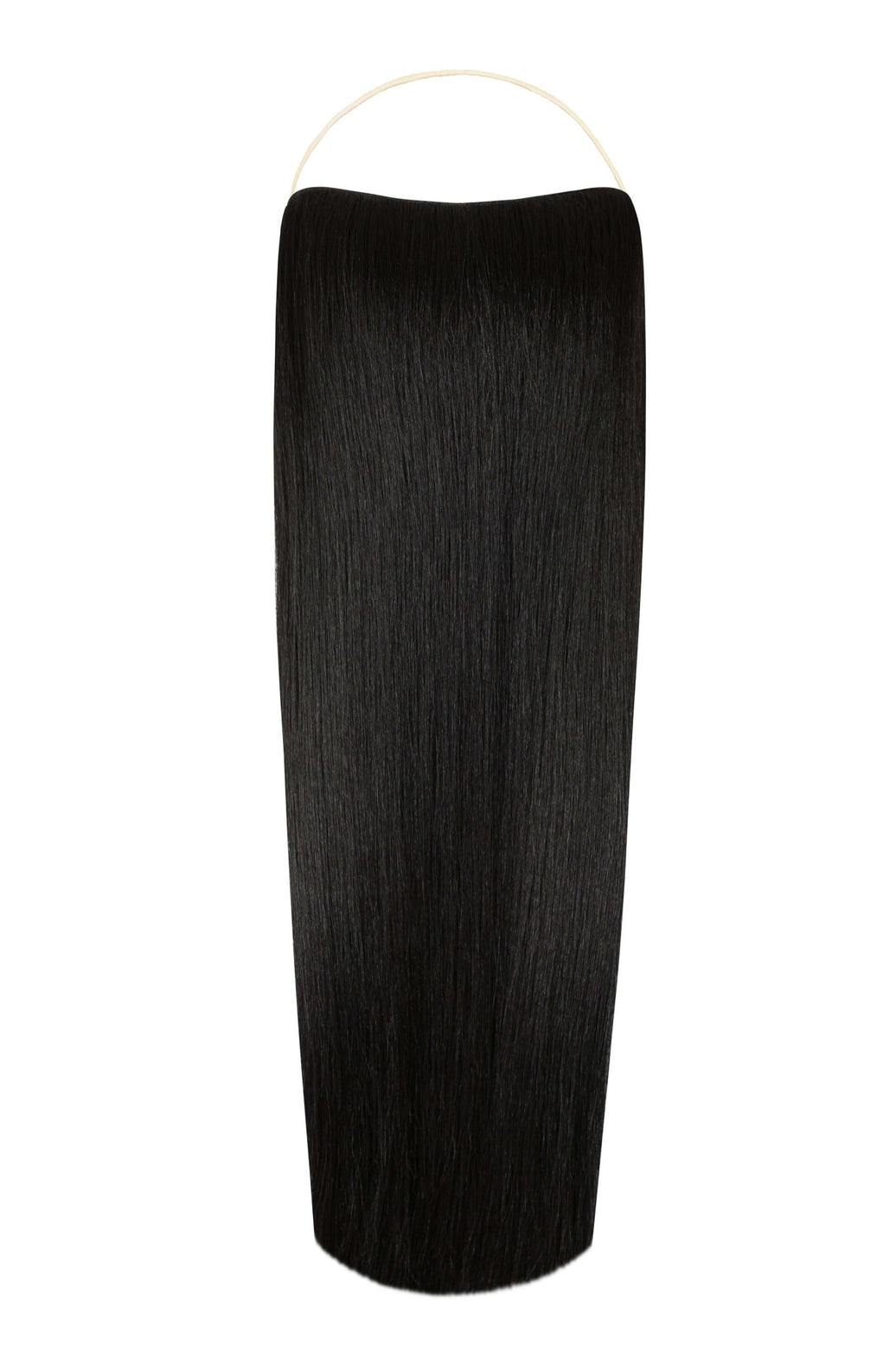
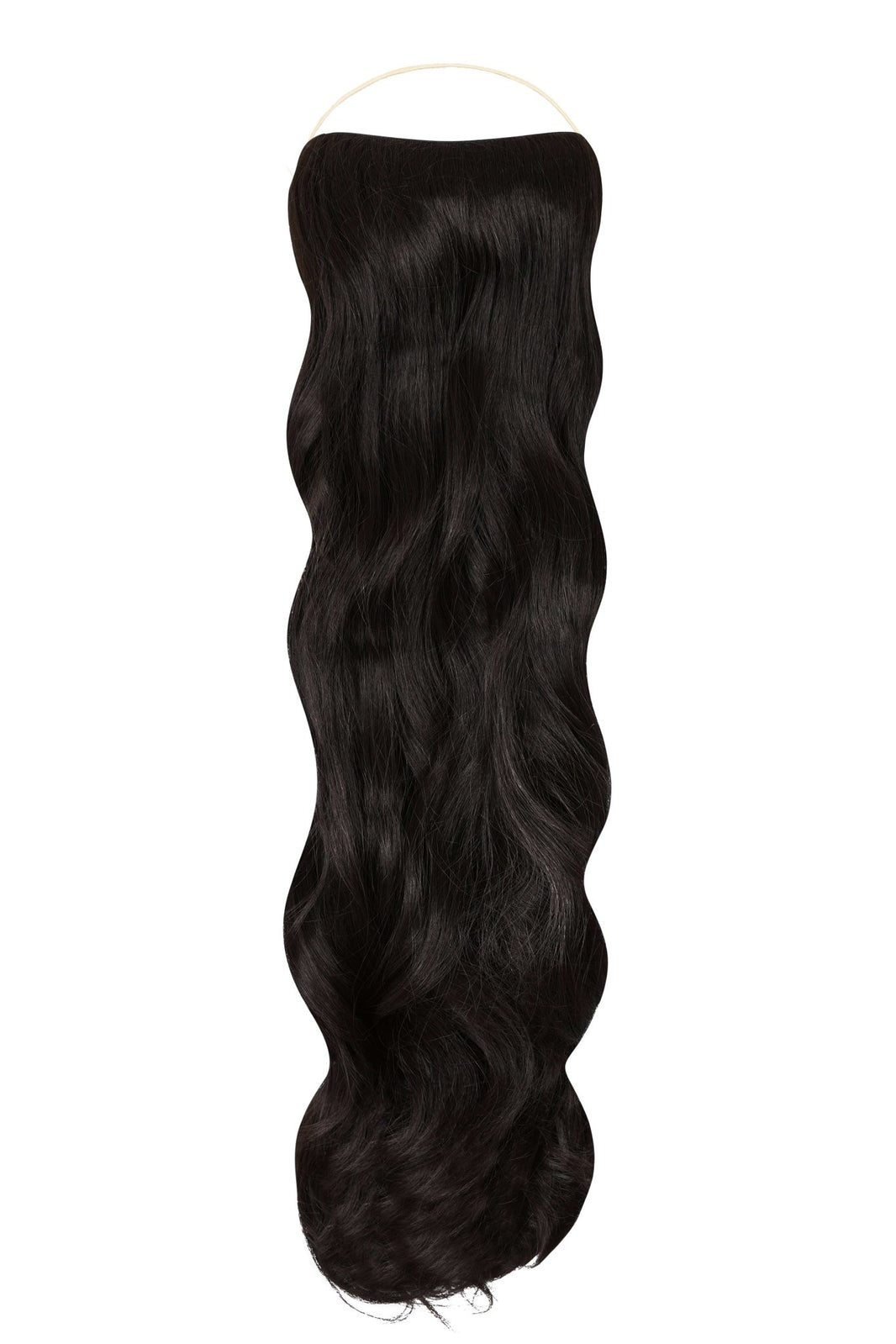
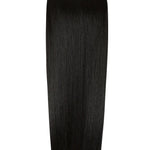
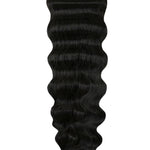
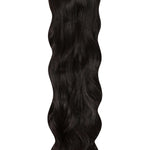
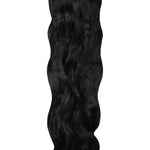
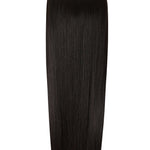
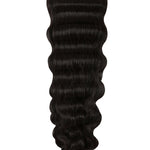
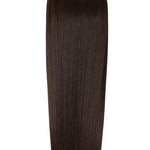
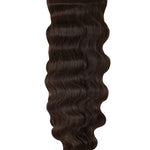
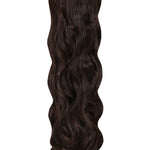
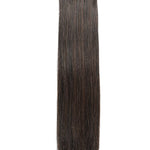
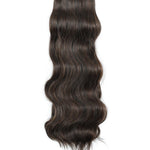
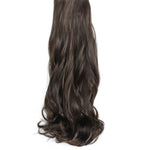
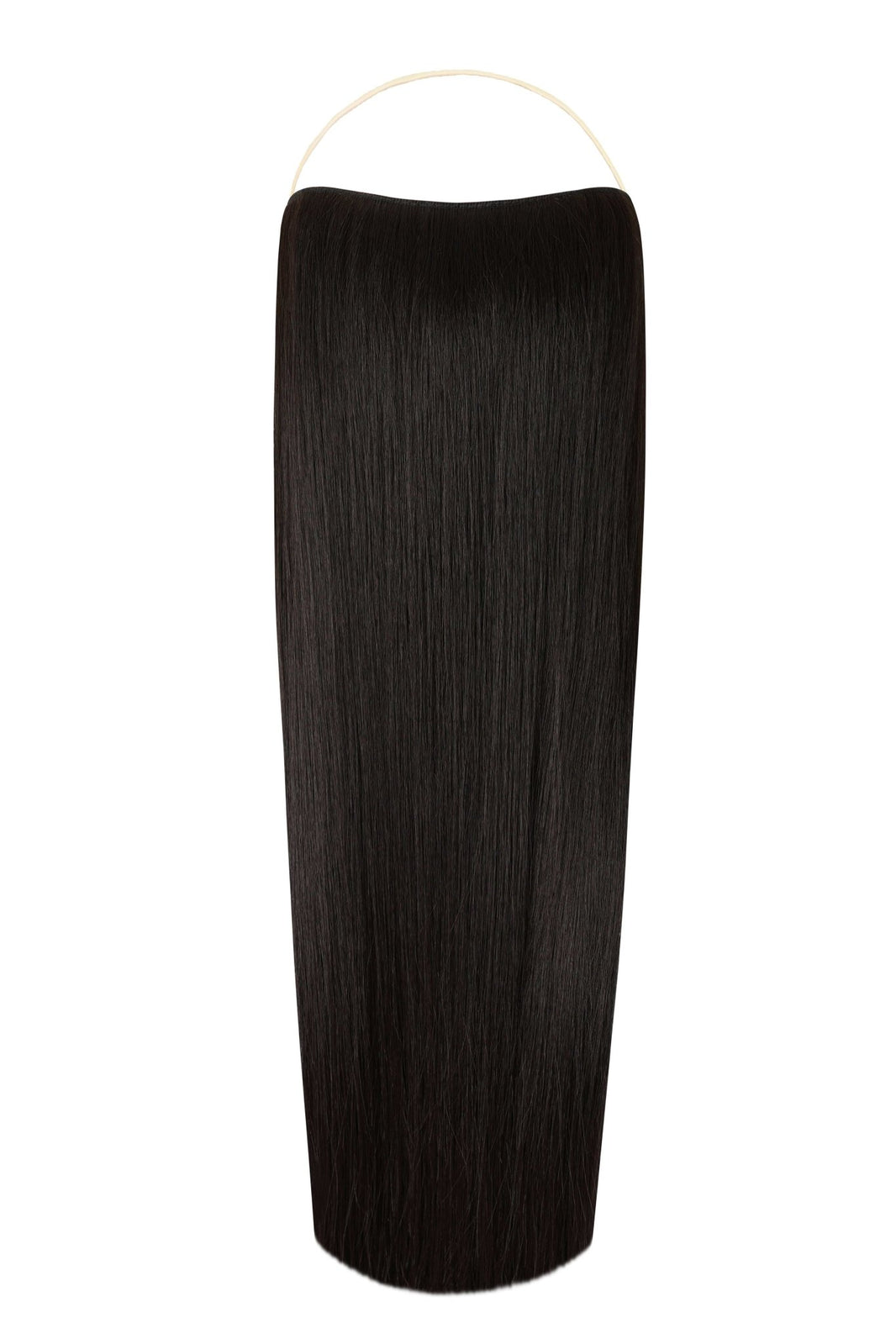
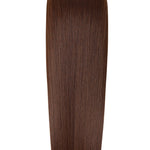
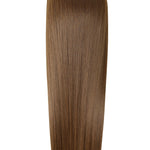
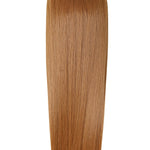
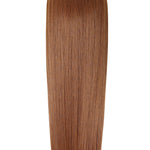
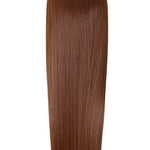
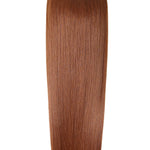
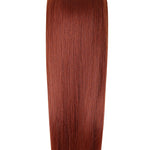
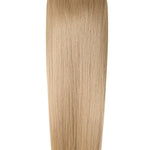
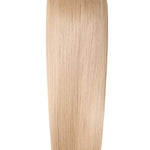
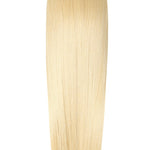
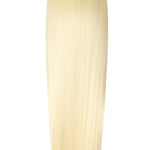
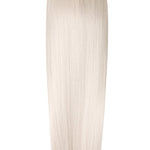
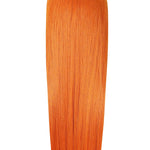
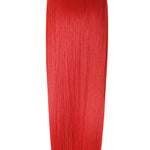
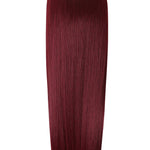
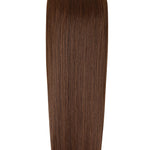
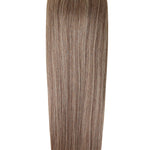
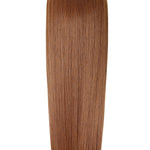
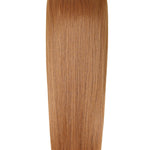
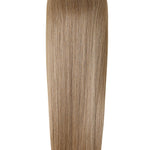
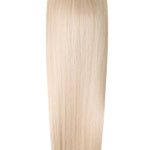
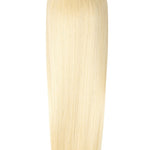
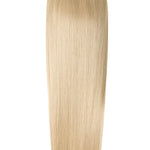
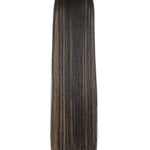
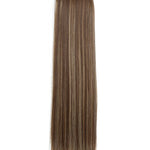
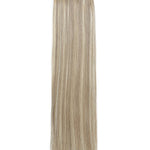
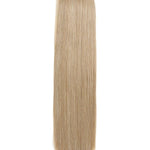
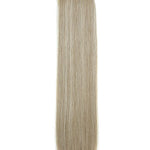
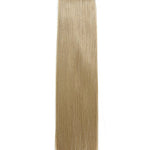
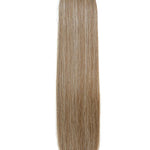
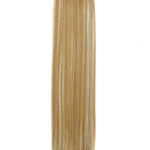
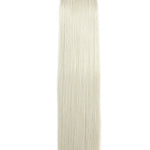

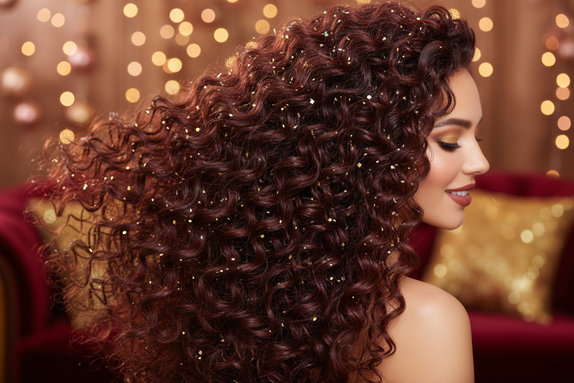


Leave a comment